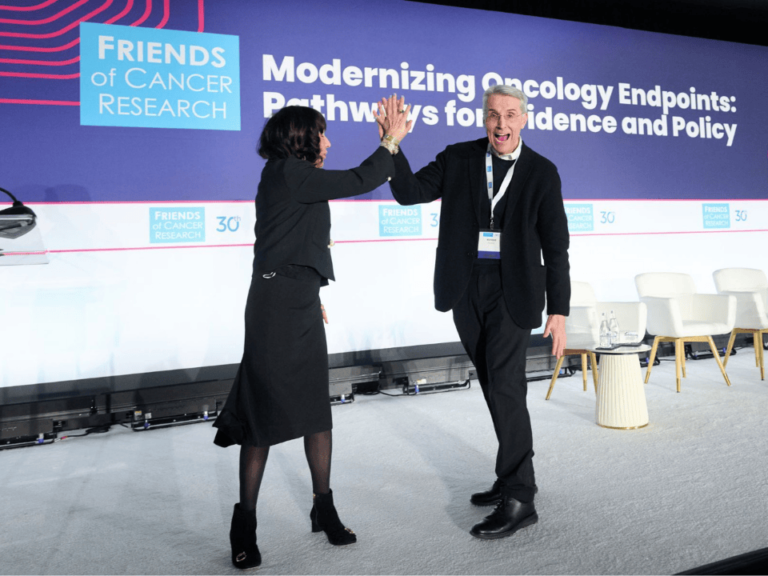FDA has approved Voranigo (vorasidenib), an isocitrate dehydrogenase-1 and isocitrate dehydrogenase-2 inhibitor, for the treatment of adult and pediatric patients 12 years and older with grade 2 astrocytoma or oligodendroglioma with a susceptible IDH1 or IDH2 mutation following surgery including biopsy, sub-total resection, or gross total resection.
This is the first FDA approval of a systemic therapy for patients with Grade 2 astrocytoma or oligodendroglioma with a susceptible IDH1 or IDH2 mutation. Voranigo is available and offers glioma patients the ability to actively manage their disease with a once-daily pill.
The agent is sponsored by Servier Pharmaceuticals.
Diffuse gliomas with IDH mutations represent the most common malignant primary brain tumors diagnosed in adults younger than 50 years of age. They are not curable with current therapies and without treatment they continue to grow and infiltrate normal brain tissue.
In IDH-mutant gliomas, Voranigo works by reducing the activity of the mutant IDH1 and IDH2 enzymes, to help control the disease.
“Patients living with grade 2 IDH-mutant gliomas have long faced the harsh reality of an incurable disease with very limited post-surgery treatment options,” Ralph DeVitto, president and CEO of the American Brain Tumor Association, said in a statement. “The FDA approval of Voranigo marks a monumental breakthrough in glioma treatment, offering renewed hope for patients and their families living with this relentless disease.”
The approval of Voranigo is supported by results from INDIGO (NCT04164901), a randomized, multicenter, double-blind, placebo-controlled trial.
The results of INDIGO were published in The New England Journal of Medicine and presented during the plenary session at the 2023 annual meeting of the American Society of Clinical Oncology. The trial showed that Voranigo significantly extended progression-free survival and time to next intervention, when compared to placebo.
The INDIGO trial showed that Voranigo was well tolerated, and its safety profile was consistent with results from the phase I studies. The most common (≥15%) adverse reactions were fatigue, COVID-19, musculoskeletal pain, diarrhea and seizure, the company said.
Efficacy was evaluated in 331 patients with Grade 2 astrocytoma or oligodendroglioma with a susceptible IDH1 or IDH2 mutation following surgery enrolled in INDIGO.
Patients were randomized 1:1 to receive vorasidenib 40 mg orally once daily or placebo orally once daily until disease progression or unacceptable toxicity. IDH1 or IDH2 mutation status was prospectively determined by the Life Technologies Corporation Oncomine Dx Target Test. Patients randomized to placebo were allowed to cross over to vorasidenib after documented radiographic disease progression. Patients who received prior anti-cancer treatment, including chemotherapy or radiation therapy, were excluded.
The major efficacy outcome measure was progression-free survival (PFS) using a blinded independent review committee per modified Response Assessment in Neuro-Oncology for Low Grade Glioma (RANO-LGG) criteria. An additional efficacy outcome measure was time to next intervention. The hazard ratio for PFS was 0.39 (95% CI: 0.27, 0.56), p-value <0.0001. The median time to next intervention was not reached for the vorasidenib arm and was 17.8 months for the placebo arm (HR=0.26; 95% CI: [0.15, 0.43], p <0.0001).
The most common (≥15%) adverse reactions were fatigue, headache, COVID-19 infection, musculoskeletal pain, diarrhea, nausea, and seizure. The most common Grade 3 or 4 laboratory abnormalities (>2%) were increased alanine aminotransferase, increased aspartate aminotransferase, GGT increased, and decreased neutrophils.






